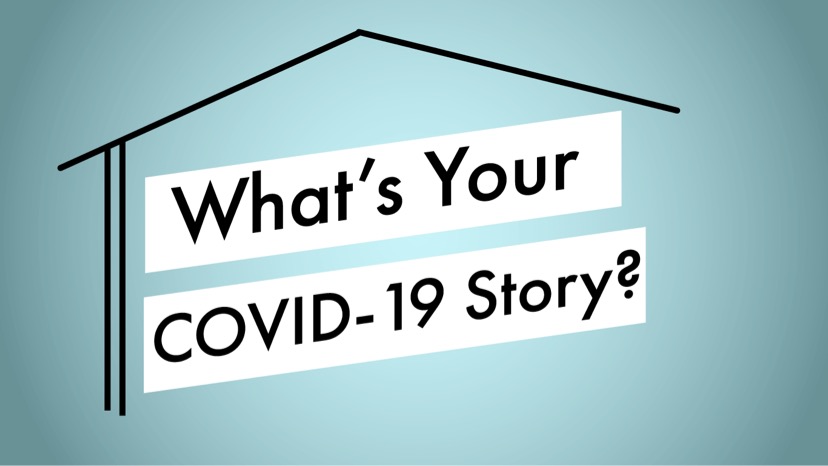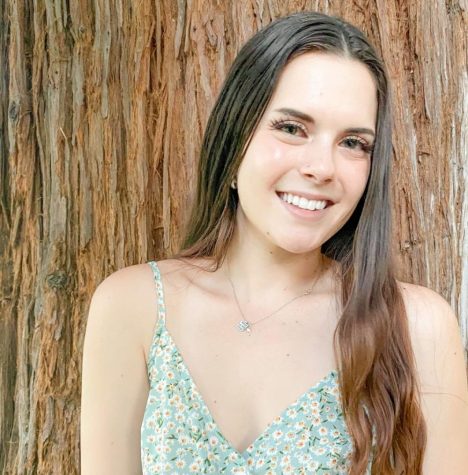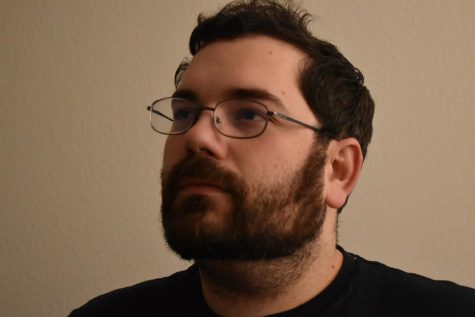Chico State senior nursing students, Isaac Padilla and Tasha Haase have partnered with Butte County Public Health to gather comprehensive data from Chico State students, faculty and alumni about their individual experiences with COVID-19.
Padilla and Haase rolled out a Google Form earlier this month to encourage the Chico State community to share their encounters with COVID-19, which includes testing, exposures, symptoms and whether they have ever contracted the virus themselves.
“We’re collecting and serving different people’s experience with COVID-19,” Haase said. “If they’ve had contact with COVID-19 or were hospitalized with COVID-19. … Some people are asymptomatic, some people are very sick, and some have underlying health disorders. We’re trying to see the different experiences the students and faculty members have had.”
After the Google Form closes, the duo will be reaching out to form responders and asking them to submit a short video clip about their experience to be featured in a video compiled by Butte County Public Health Department in a joint effort with Chico State nursing students.
Chico State will be collaborating with Padilla and Haase’s form and video clips to create a digital compilation of the responses that will be shared with the community to raise awareness about the presence of COVID-19 in Butte County.
BCPHD reached out to the Chico State Nursing program after COVID-19 cases began to surge among Chico State students and in the neighborhoods close to campus. Haase and Padilla were selected to work on this project through the duration of the fall semester.
“It’s community spread and that’s what we are trying to convey,” Padilla said. “Even with contact tracing, the amount of variability and uncertainty creates an effect that isn’t always easy to predict.”
Through this video campaign, Padilla and Haase aim to highlight the different experiences that students, faculty, and alumni have shared since the coronavirus impacted the university community in March.
“It’s not a matter of blame,” Padilla said. “Students are unapologetically not concerned about this whole thing. I get it — I do. Such a small fraction of people in our demographic are truly affected by COVID-19 beyond spreading it to somebody else. Our demographic happens to be the reason a lot of people are getting sick.”
Padilla reiterated that people should understand that the reality of unknowingly and knowingly spreading COVID-19 with a haphazard attitude is gross negligence of the issue.
The Google Form will be open for responses until Oct. 14 and can be accessed here.
Chloe Curtis can be reached at orionmanagingeditor@gmail.com or @ChloeCurtis__ on Twitter.









